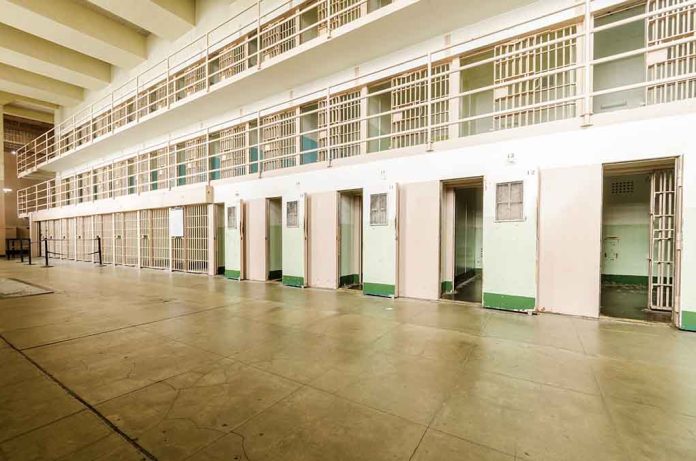
Bolivia’s political crisis intensifies as former President Evo Morales, facing an arrest warrant, accuses the current government of persecution amidst escalating party divisions.
At a Glance
- Evo Morales goes on a hunger strike to push for dialogue with President Luis Arce.
- Allegations of an assassination attempt on Morales exacerbate political tensions.
- Morales’ arrest warrant is for alleged human trafficking involving a minor.
- The political divide within their party, Movimiento al Socialismo, deepens.
Political Tensions and Protests Erupt
In Bolivia, the political scene is increasingly unstable with former President Evo Morales making headlines due to an arrest warrant over allegations of human trafficking and a statute rape case. Morales, the country’s first Indigenous president, denies these accusations, describing them as politically motivated. His response includes a hunger strike designed to compel dialogue with the administration of current President Luis Arce, his former ally. Morales aims to address ongoing protests that have created economic disruptions.
The protests, involving roadblocks, have led to significant shortages and price hikes in major cities. Morales and his supporters view these legal moves as attempts to sideline his potential candidacy for the upcoming 2025 elections. He has called for international mediation to foster talks with Arce, highlighting the rift within the Movimiento al Socialismo (Mas) party. Both leaders continue to clash as they vie for influence in the party with Morales seeking broader economic ties and potential inclusion in alliances like BRICS.
Accusations and Allegations of Political Manipulation
The arrest warrant against Morales, signed in October, accuses him of having fathered a child with a minor in 2016 and involves claims of “human trafficking”. Morales asserts that these charges are part of a “brutal judicial war” waged by Arce. Despite these allegations, the warrant has not been executed due to safety concerns for the police, as Morales enjoys significant backing from rural coca growers in Cochabamba. Morales accuses Arce of leveraging the judiciary to prevent his return to political power.
“My crime is being Indigenous.” – Evo Morales
Morales’s support remains robust among Bolivia’s Indigenous population, a base that has historically been crucial. Meanwhile, Arce relies more on urban middle and working classes for support. The economic backdrop of dwindling natural gas reserves further pushes the nation into turmoil, exacerbating existing political and social cleavages. The arrest warrant’s effect dovetails with Morales’ claims that Arce’s camp seeks to use “lawfare” to eliminate him before the elections.
An Uncertain Political Future
With Bolivia facing economic and political crises, the path forward remains uncertain as the Movimiento al Socialismo party experiences widening internal splits. Even as Morales insists on running in the 2025 elections, the Bolivian Supreme Court has ruled him ineligible, adding layers to the judicial battles he claims to face. The polarisation within Mas is symptomatic of a broader political vacuum amid a weak opposition. As both Morales and Arce continue their face-off, Bolivia watches its political landscape unfold with palpable trepidation.
“It is a betrayal of the people, of the party activists, of the revolution.” – Evo Morales
The upcoming months will likely determine the political pathways for these two leaders and their country, as Bolivia moves closer to its 2025 elections amid domestic and international scrutiny.
Sources
1. Bolivia Prosecutors Issue Arrest Warrant for Evo Morales














